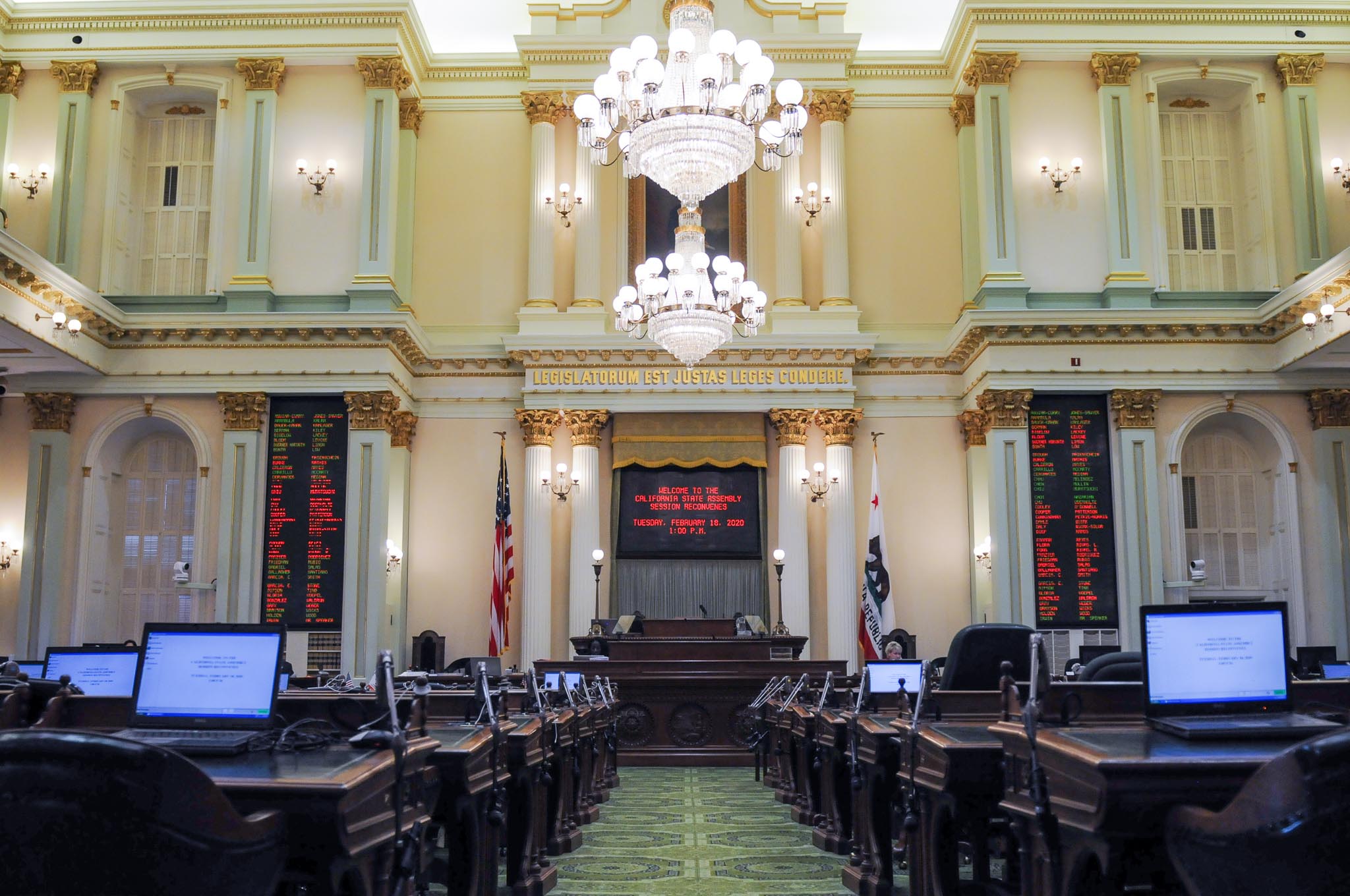
California State Capitol. (Photo: Kevin Sanders for California Globe)
California Levying Officer Electronic Transactions Act
Requires a levying officer to exclude or redact specified identifiers from any record or document
By Chris Micheli, November 21, 2024 2:30 am
California Code of Civil Procedure, in Part 1, Title 4, Chapter 2, provides the Levying Officer Electronic Transactions Act.
Section 263 names the Act and provides legislative findings and declarations that modern technologies offer alternatives to paper-based systems and provide the means to create, store, retrieve, and transmit records and documents in electronic form resulting in increased efficiency, taxpayer savings, and improved public access to levying officers.
Section 263.1 defines the following terms: “Electronic mail,” “e-mail,” “electronic record,” “electronic signature,” “fax,” “fax machine,” “fax transmission,” “information processing system” “instructions,” “levying officer instructions,” “legal entity,” “levying officer,” “record,” and “transmission record.”
Section 263.2 allows a levying officer to utilize an information processing system to create, generate, send, receive, store, display, retrieve, or process information, electronic records, and documents when based on industry standards and only to the extent that the levying officer has the resources and technological capacity to do so.
Section 263.3 provides that, whenever the fax transmission of a document or record to a levying officer is authorized pursuant to this chapter, all of the specified conditions apply.
Section 263.4 allows a levying officer to create, store, print, or transmit an electronic record in the place of, and in the same manner as, the paper record or document upon which the electronic record is based. An electronic record transmitted to a levying officer must be accompanied by all of the specified information. The term “transmission” is defined.
Section 263.6 allows the levying officer, in lieu of returning to court the paper version of an original writ of execution, to retain the original writ or an electronic copy of the original writ and file only a return of the levying officer’s actions.
Section 263.7 requires a levying officer to exclude or redact specified identifiers from any record or document made available to the public. The term “public” is defined.
- Wildlife Management Areas - March 3, 2026
- County Revenues for Fish and Game - March 3, 2026
- Designating ‘Spot’ Bills in the California Legislature - March 2, 2026




